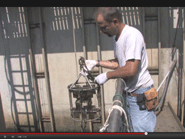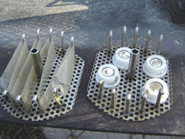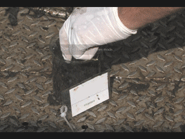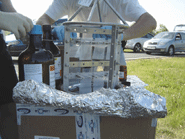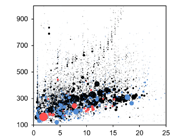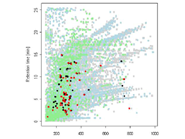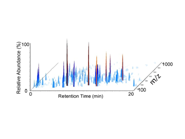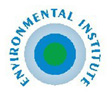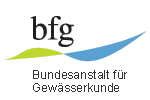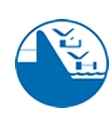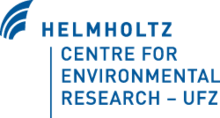You are here
Working Group 3: Effect-directed analysis for hazardous pollutants identification
Field-relevance-based approaches for hazardous pollutants identification
Starting date: February 2010
Co-Leading Team:
|
UFZ (Germany) |
VU (The Netherlands) |

Focus
There is increasing evidence of toxic stress in European river basins that results in the disappearance of sensitive species and this is only partly covered by chemical status under WFD and priority pollutant monitoring. The challenge posed by the complexity of contamination is addressed by DG Environment in an ongoing prioritisation process based on monitoring and modelling. The WG wants to support this process by providing a field-relevance-based approach to identify hazardous compounds using effect-directed analysis (EDA). This may also be a crucial methodology in investigative monitoring and will provide an additional line of evidence for prioritisation.
The activities of this working group include:
- Bringing together European experts in EDA to exchange knowledge, methods and data by workshops, database exchange and scientific collaboration;
- Developing, optimizing and implementing high-throughput EDA (HT-EDA) workflows to identify risk drivers for different environmental compartments and human samples. Aiming to make EDA a valuable tool for different matrices such as dust, plastic leachates, marine environments…etc;
- Identifying source-specific risk drivers in order to support better mitigation and management, beyond end-of-pipe solutions;
- Collecting and integrating newly developed computational tools, machine-based learning approaches for feature/candidate structure prioritization to support non-target screening workflows in HT-EDA (link with Cross-Working Group Activity Non-target Screening (NTS));
- Promoting and monitoring scientific progress in EDA and related techniques that help to identify emerging compounds with relevance to ecological status and environmental health in general. Making these results accessible to scientists and end-users;
- Promoting and supporting the application of EDA in investigative monitoring by water agencies, consultants and water managers;
- Providing WG1 (on prioritisation) with candidate compounds and recommendations from field-relevance-based toxicant identification;
- Providing a link for WG2 (on biological tools) to chemical monitoring and compound prioritisation.
Contact: Melis Muz-Massei and Frederic Béen

